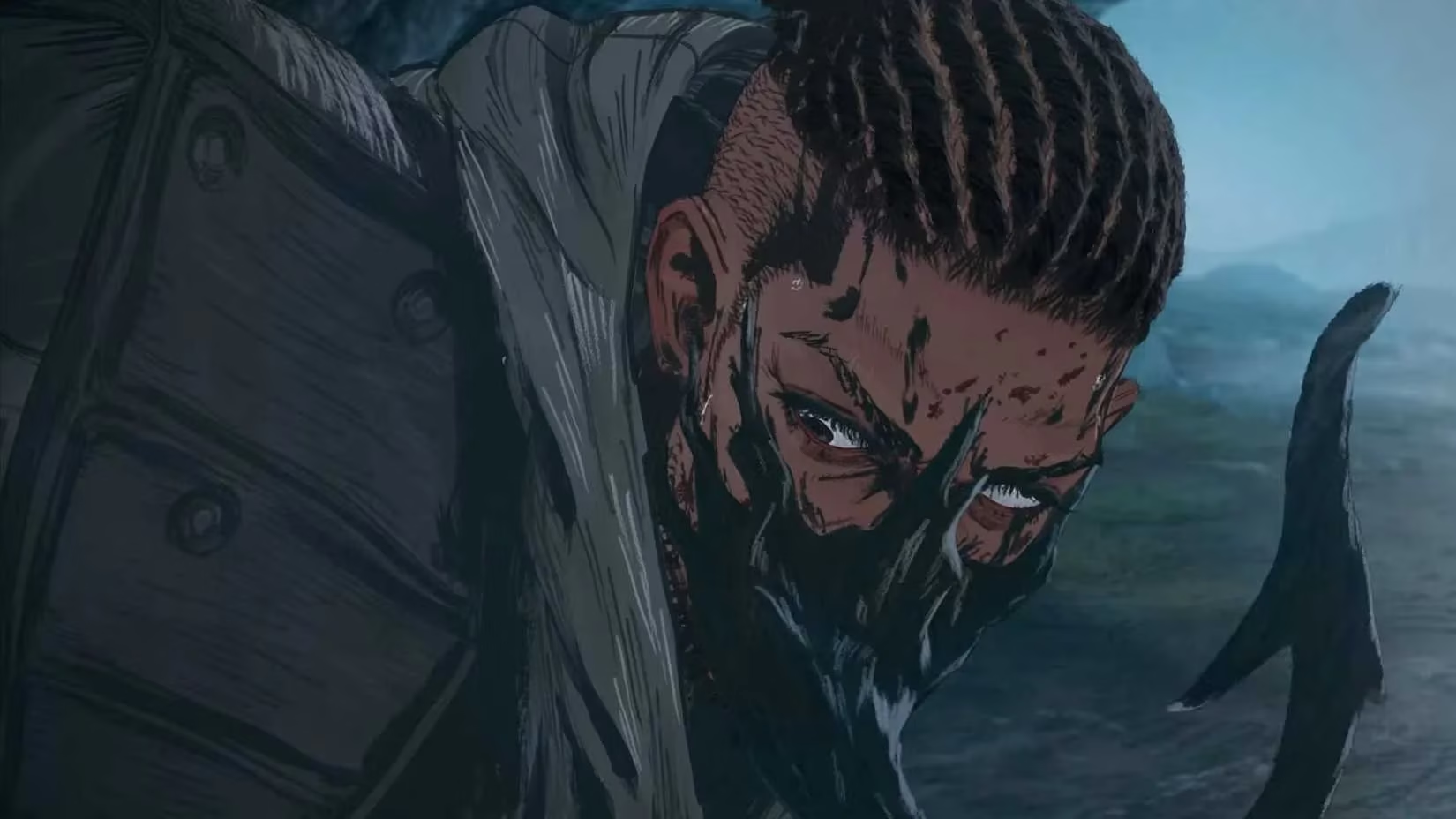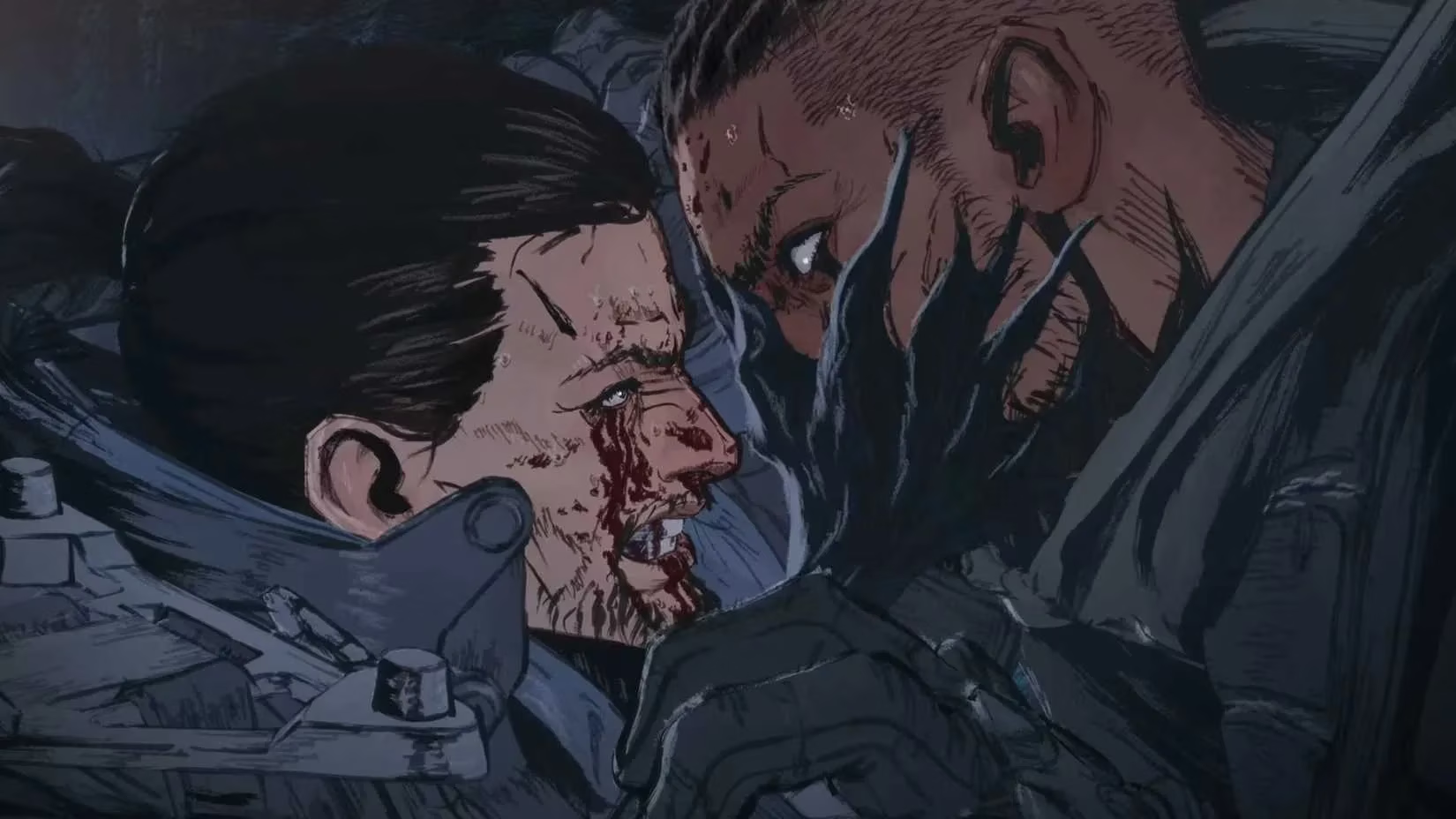Kojima Productions has electrified the gaming and anime communities by releasing the first teaser trailer for Death Stranding: Mosquito during the Beyond the Strand event. This animated feature represents Hideo Kojima's ambitious expansion of the Death Stranding universe, introducing a masked protagonist with vampiric abilities in the franchise's signature post-apocalyptic setting. Alongside this project, the studio confirms collaboration with A24 on a live-action adaptation, signaling a multimedia onslaught that redefines transmedia storytelling for core gaming IPs. The temporary title itself hints at unsettling biological horror themes that made the original game so distinctive.

The two-minute teaser showcases a character unofficially dubbed 'Mosquito' who possesses grotesque organic technology allowing extraction of unknown substances from adversaries. This macabre ability—visualized through biomechanical tendrils extending from the character's mask—immediately sparked fervent dissection across social platforms. Fans theorize this could represent:
-
🩸 A new form of chiral energy harvesting
-
🧬 Evolutionary adaptation to Death Stranding's timefall phenomena
-
⚔️ Offensive combat mechanics unseen in the game
The trailer's climax features an intense skirmish between Mosquito and a porter, deliberately obscuring narrative context while amplifying curiosity about character motivations in this fractured world.
Creative credentials behind the project fuse Western and Japanese talent unexpectedly. Hiroshi Miyamoto (Pretty Cure Dream Stars!) directs, while Aaron Guzikowski—screenwriter of psychologically intense narratives like Prisoners and Raised by Wolves—handles scripting duties. Production responsibilities break down as follows:
| Studio | Role | Notable Works |
|---|---|---|
| ABC Animation Studio | Primary Animation | — |
| Studio Easter | Background Design | Dandadan |
| Kojima Productions | Production Oversight | Death Stranding franchise |
This eclectic collaboration suggests tonal experimentation beyond conventional anime tropes. Kojima's role as producer guarantees meticulous worldbuilding consistency, yet Guzikowski's involvement hints at philosophical depth exploring isolation and human connection—themes central to Death Stranding's DNA.

What truly tantalizes is the confirmation that both Mosquito and A24's live-action project will craft original narratives within established lore. This approach mirrors successful universe expansions like Cyberpunk: Edgerunners, allowing fresh perspectives without canonical constraints. The enigmatic Mosquito character could represent Stranding evolution—perhaps a rogue Bridge Baby or even Homo Demens faction mutation. Such deliberate ambiguity fuels delicious speculation about how parasitic mechanics might reshape understandings of:
-
⏳ Timefall's mutagenic properties
-
☠️ BT entity classifications
-
🤖 Prosthetic technology limitations
Current absence of release windows intensifies anticipation, though industry whispers suggest late 2026 viability. Personally, I foresee this multimedia blitz culminating in synergistic gameplay integration—imagine Mosquito's abilities appearing in Death Stranding 2 as special equipment unlocked via animated series viewership. Kojima consistently pioneers boundary dissolution between mediums; this feels like preparatory groundwork for playable transmedia experiences where narrative actions ripple across film, game, and animation simultaneously. The mosquito's proboscis might symbolize Kojima Productions' method: piercing established formats to extract and remix their vital essence into something terrifyingly new.
The following analysis references UNESCO Games in Education, which explores the intersection of interactive media and educational impact. UNESCO's research into narrative-driven games and transmedia storytelling underscores how projects like Death Stranding: Mosquito can foster critical thinking and empathy by immersing audiences in complex, interconnected worlds—demonstrating the potential for animated adaptations to serve as both entertainment and vehicles for deeper engagement with societal themes.